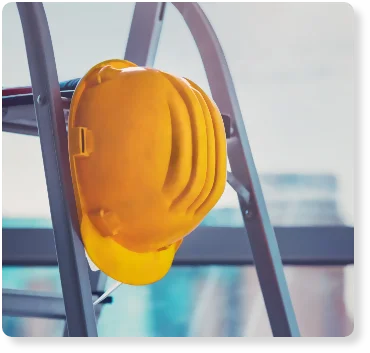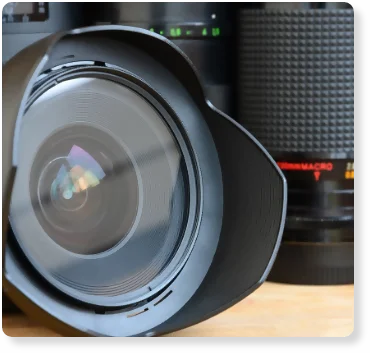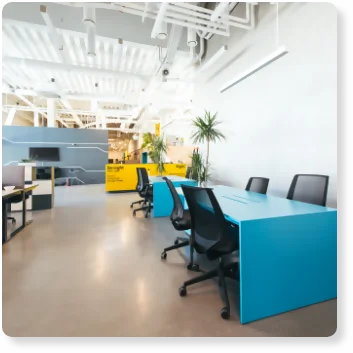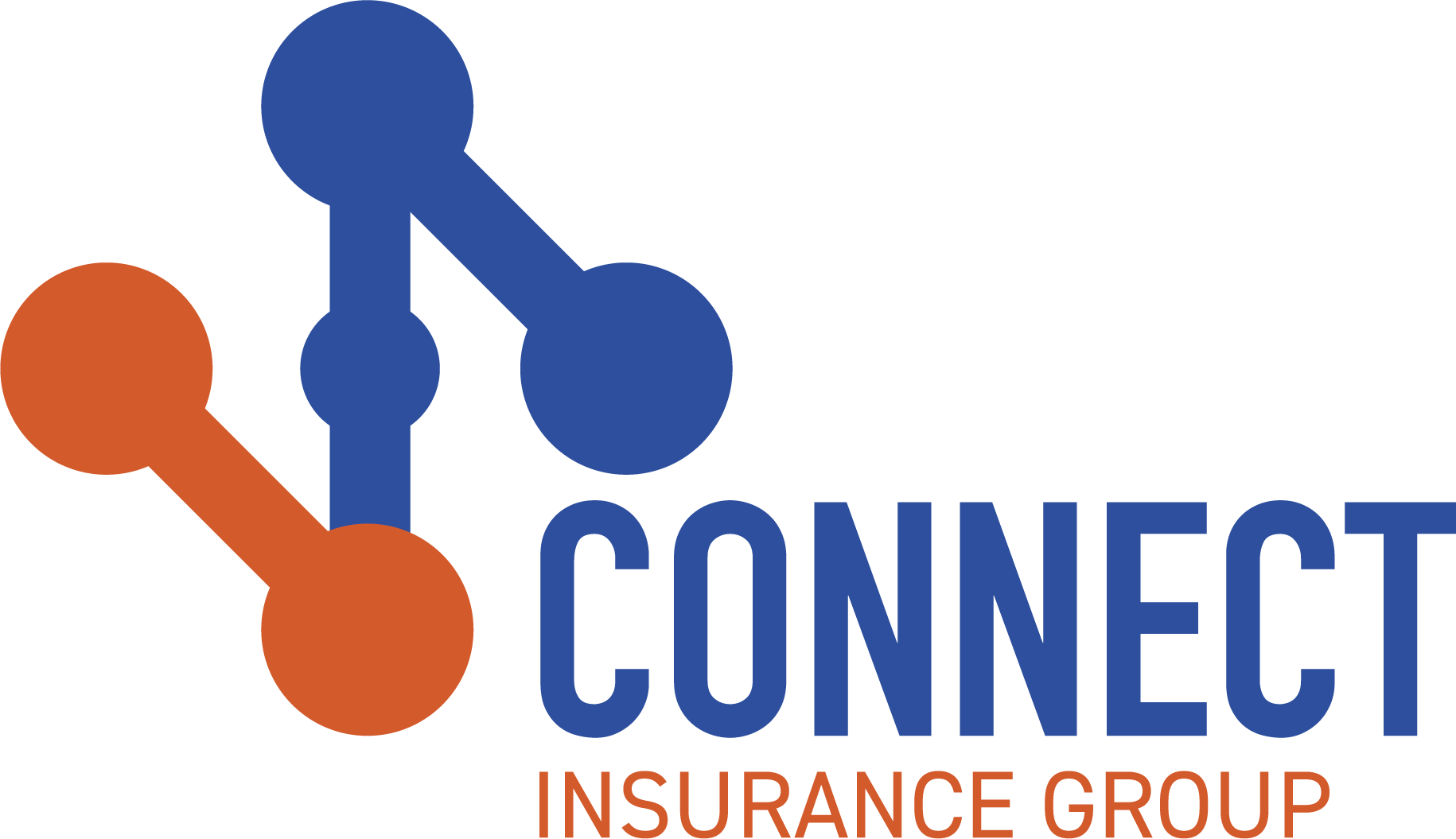For your equipment
What is It?
Inland Marine insurance is property coverage for material, products or equipment that moves or is transportable, and/or is instrumental in transportation or communication. This type of policy also typically covers property that is owned by someone else but stored at the policyholder’s location.
What Does Inland Marine Cover?
Inland marine insurance covers products, materials and equipment when transported over land, via truck or train, or while temporarily warehoused by a third party. Collisions and cargo theft are the two most frequent causes of inland marine losses.
Inland Marine insurance typically covers:
Property that is being transported.
Property that moves or will be moved between locations.
Computer, television, video, sound or radio equipment.
Electronics.
Medical diagnostic equipment.
Party and special event equipment.
Fine art and collectibles.
Bridges and radio towers.
Trade show exhibits.
Solar panels and wind turbines.
Miscellaneous property.
What do you need to consider?
If your business frequently ships products or equipment, you may want to consider purchasing inland marine insurance. This type of coverage is especially important if you ship high-value products or materials, which are often excluded from basic property coverage. Inland marine insurance can cover a wide range of specialty equipment and products, including:

Computers, everything from servers to laptops

Communications and networking equipment

Construction and contracting equipment

Medical and scientific equipment

Photography equipment
It’s important to consider the nature of your business operations. While it was developed to protect against losses while shipping goods, Inland Marine insurance may protect your business against a myriad of other property damage risks. Some of these include:
Bailee’s customer coverage
This is designed to protect your business from liability if a client’s’ property is damaged in your care, like if you operate a repair shop.
Builders’ risk
During construction projects, builders’ risk can protect the structures and materials used.
Exhibition and fine art coverage
If a valuable piece of artwork is on display, in transit, or on loan, exhibition and fine art coverage is designed to protect it.
Installation floater
This can cover goods from damage once they’re loaded on a truck until they are put to use.
Motor truck cargo coverage
When your business is transporting goods or delivering them to a client, this coverage can protect goods from damage.
What is it?
Umbrella insurance policy is an additional insurance that provides protection beyond the limits and existing coverage of other policies. The umbrella insurance policy may provide coverage for injuries, property damage, certain lawsuits, and personal liability situations.
What does umbrella cover?
An umbrella insurance policy can help cover defense costs when you are being sued for damages to someone else’s property or injuries caused to others in an accident.
Whether it’s a serious car accident involving extensive medical bills or an incident on your property, you may quickly find yourself responsible for damages that exceed the limits of your auto, homeowners or boat policies. That’s when having an umbrella insurance policy can provide coverage that goes beyond the limits of your primary coverage.
An umbrella insurance policy includes several liability protections, such as:
Auto bodily injury liability
This helps cover a person’s treatment costs if they get hurt in a car accident. This coverage steps in when you reach your auto liability limit.
Bodily injury liability
This can help cover another person’s medical bills. If someone gets hurt and sues you, this coverage protects you once your liability limit has been reached.
Landlord insurance
This coverage helps protect you if someone gets hurt at your rental property and sues you. This coverage helps once your liability limit has been exhausted.
Property damage liability
This helps pay for damage to another person’s property or vehicle. This coverage will take effect when your liability limit has been exhausted.
What do you need to consider?
Your personal umbrella insurance policy doesn’t cover every claim. For example, it won’t cover losses related to your business. For that kind of claim, you’ll need a commercial umbrella insurance policy.
Other examples of coverage not included in a typical umbrella policy are:

Business losses
Damage to your business property or losses related to the running of your business generally would not be covered by a personal umbrella policy. This exclusion applies even if your business is operated out of your home. Consider purchasing business insurance if you need this type of coverage.

Intentional acts
A personal umbrella policy isn’t designed to protect you from liability connected with your own intentionally harmful behavior; for example, if you intentionally harm a visitor to your home.
Umbrella policies are typically very affordable and can be a great way to help protect yourself against the potentially devastating costs of major claims that exceed the limits of your primary home and auto policies.
To figure out the amount of umbrella insurance coverage you need:
Estimate the total value of all your assets. Start with your home’s worth. Then, look at your net worth and add in the total amount of your savings, stocks and retirement.
Review your homeowners and car insurance policies to make sure there’s enough coverage to protect your assets in the event of a catastrophic loss.
Think about other items you protect, such as RV insurance, ATV insurance or boat insurance. Make sure you have enough coverage to protect these things if there’s a loss.
What is it?
A Business Owner’s Policy (BOP) combines business property and business liability insurance into one business insurance policy.
BOP insurance helps cover your business from claims resulting from things like fire, theft or other covered disasters. Business owners’ insurance also helps cover claims that could arise from your business operations. These include claims of bodily injury or property damage. They also include claims related to personal and advertising injury.
What does BOP cover?
Business Owner’s Policy (BOP) offers businesses a way to save money while getting broad coverage for things like:
Fire
Theft
Lawsuits
Loss of income
Buildings
Equipment
Inventory
Furniture
Fixtures
What do you need to consider?
A BOP policy can be custom-made to fit industry specific businesses. This means it’s great for businesses of any size, especially small businesses.
BOP insurance for business owners is built to cover companies that generally face the same risks. Customizing your BOP Insurance is an important first step when insuring your business. Small business owners should do this from the beginning to protect against losses and damages early on.
BOP can include:

Commercial property

General Liability

Business Income


